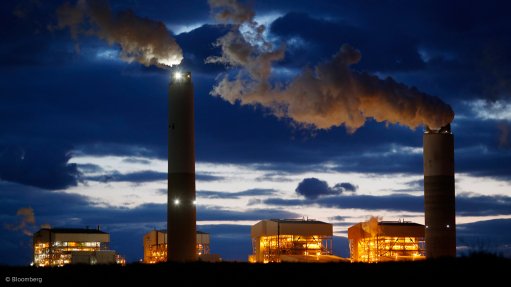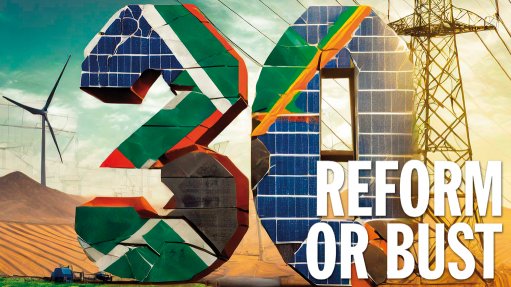Policy shifts pose risks in the Copperbelt

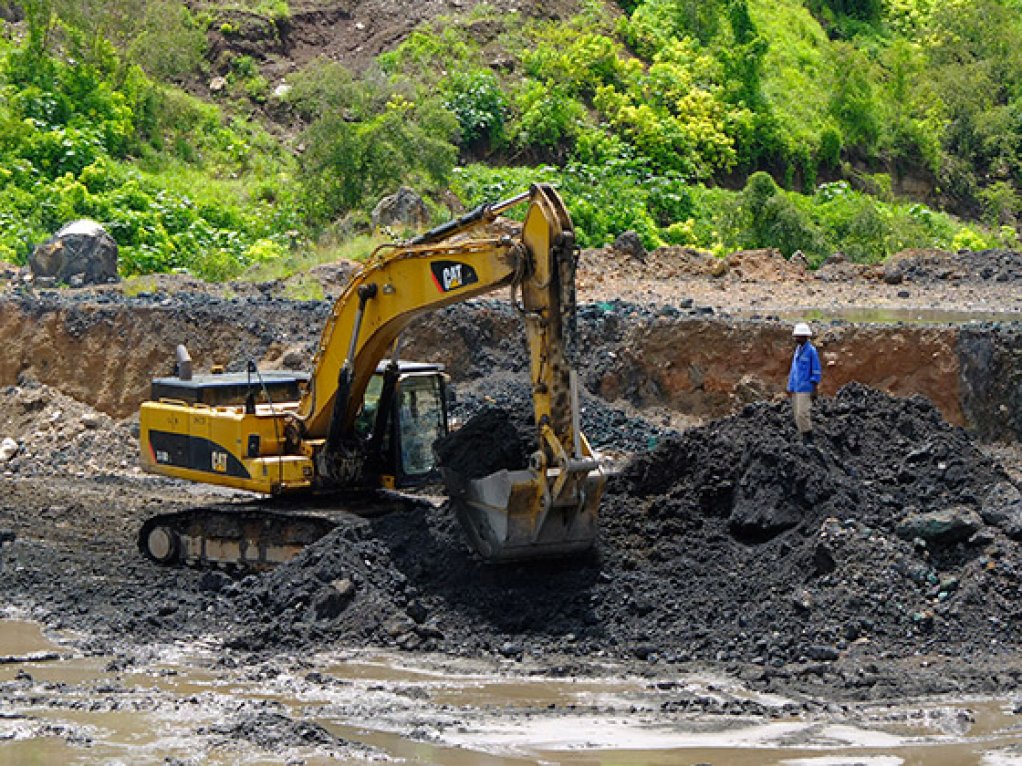
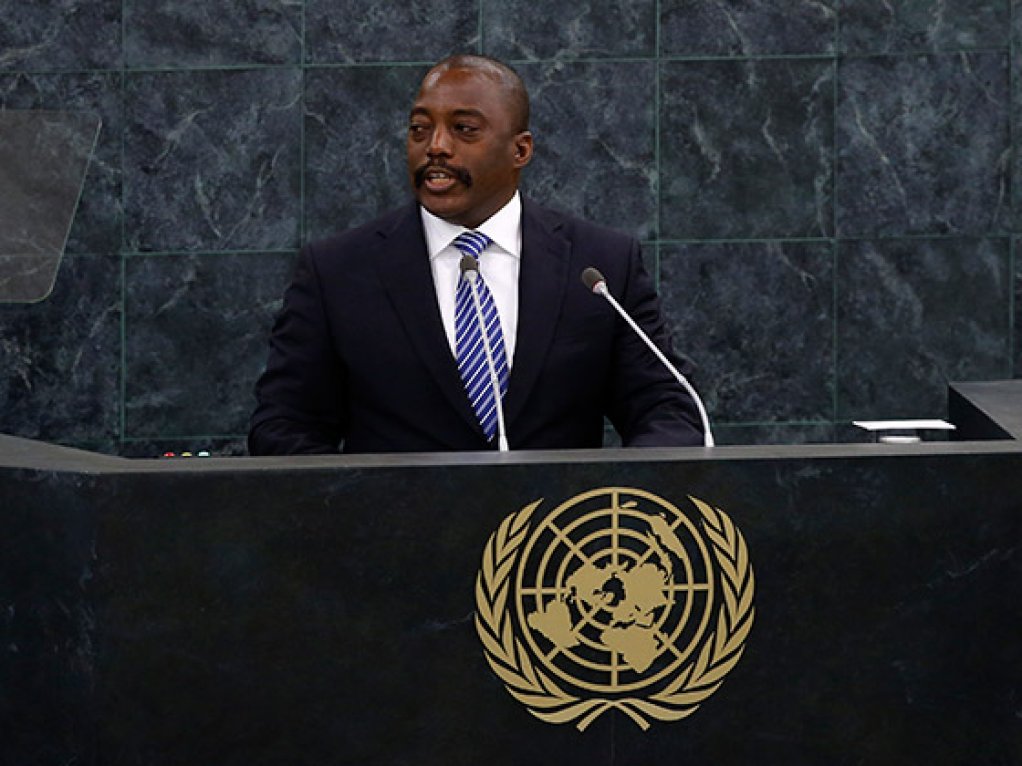
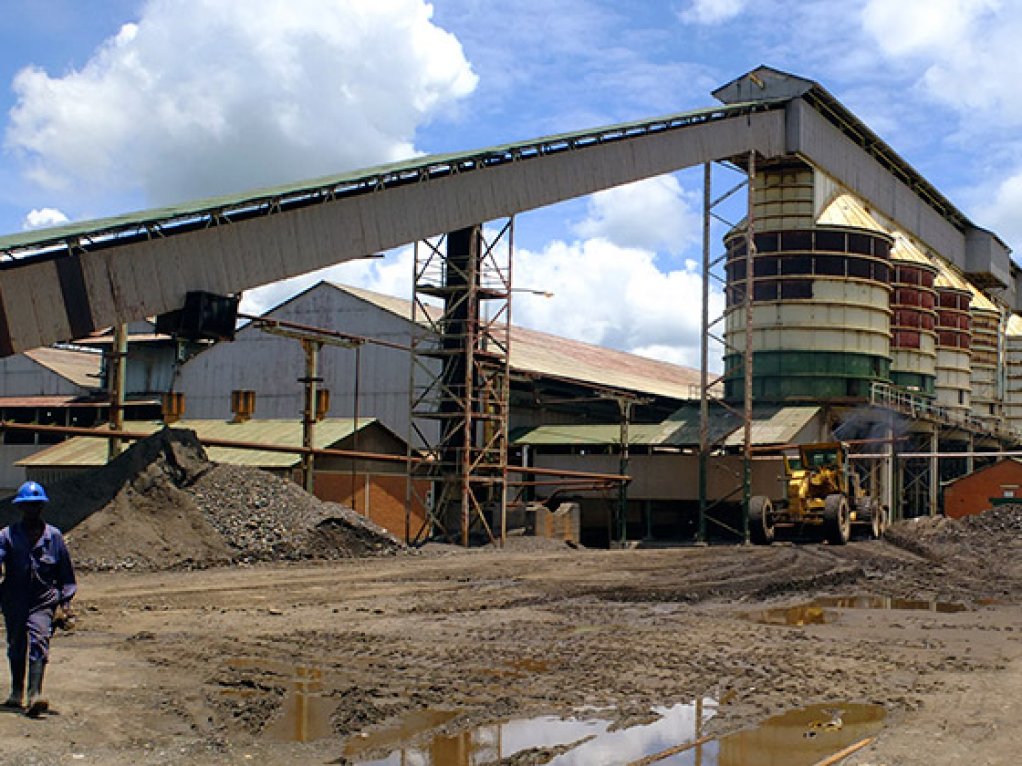
WEALTH IN RESOURCES The Democratic Republic of Congo holds vast reserves of cobalt, copper, gold and diamonds, which puts the country’s estimated natural resource wealth at $24-trillion
JOSEPH KABILA Policy shifts will remain a risk in the Central African Copperbelt, owing to governments’ suspicions that mining companies have benefited from poorly drafted legislation
NECESSARY IMPROVEMENT The DRC’s copper resources are trapped in deposits that require industrial-scale mining and processing to turn them into useable forms
While the Zambian and Democratic Republic of Congo (DRC) governments have indicated this past year that they intend to introduce new policies to help their States gain more value from the mining sector, the governments have yet to act on their promises, says strategy and communications consulting firm africapractice.
However, policy shifts will remain a risk in the Central African Copperbelt, owing, in part, to governments’ suspicions that mining companies have benefited from poorly drafted legislation and opaque accounting in the past at the expense of the national coffers, says africapractice intelligence and analysis director Thomas Wilson.
Mining Weekly reported in October that Zambia’s Chamber of Mines was concerned about several policy measures proposed in the country’s 2014 Budget, which it believed would increase the cost of operating mining assets in the country substantially, threat- ening the viability of the sector.
The chamber, which represents all major operating mines in the country, said in a submission to Zambia’s Parliamentary Expanded Committee on Estimates that the combined effect of the various proposals would render the sector “extremely vulnerable” to collapse during the current volatile commodities cycle.
Describing Zambia as an “already high-cost mining province by most world standards”, the chamber further called for a review of several mining tax measures, which it said would add to the cost of mining in the country.
The Zambian government suggested that an infrastructure-based tax, one that could be ringfenced and one that would be a win-win proposal for everyone, should be adopted in the Zambian mining industry. It further argued that this would ease pressure on mining companies for corporate social responsibility projects, which could be said to be “mere bribes” in light of citizens demanding higher taxes and better pay.
“More importantly, the manner in which all these measures are being introduced – without prior discussion or consultation – is fuelling extreme uncertainty among mining industry operators in Zambia.
“While the industry appreciates the intent behind the pursuit of this policy direction, policy certainty is a very important factor in mining and we call on the Zambian government to review these measures,” the chamber stated.
Meanwhile, Wilson notes that the DRC holds vast reserves of cobalt, copper, gold and diamonds, besides many other minerals, which puts the country’s estimated natural resource wealth at $24-trillion. However, the country performs poorly on development indices.
“Large amounts of the DRC’s resources are trapped in deposits that require industrial-scale mining and processing to turn them into usable forms. Building the facilities for these kinds of operations requires considerable financial investment from the DRC government and from companies in and outside Africa.
“Large sums of money change hands and relationships are forged but, more often than not, the circumstances surrounding these deals are less than transparent. Behind closed doors, the Congolese people are getting a raw deal,” reported online magazine Think Africa Press last month.
These concerns have not been eased by the serious allegations, which arose in November 2011, of chronic underselling of mining assets in the DRC.
Allegations made in 2011 by UK Parlia- ment Great Lakes of Africa Group chairperson Eric Joyce about personalised deals involving individuals in government, arising from the engineering consultancy British Virgin Islands (BVI) scandal, are not the first indications of interference in the mining industry by Kinshasa politicians, which resulted in a loss of up to $5.5-billion in State assets in 2011.
Joyce indicated that at least 45 incorporated BVI shell companies had acquired assets in the DRC from 2008 to 2011.
These transactions were not disclosed by the DRC government and none of these asset sales were put out on public tender. He noted that none of the BVI companies had any known record of expertise in the mining or resource sectors and none of the owners of the BVI companies had been made public by the DRC government.
In 2006, international nongovernmental organisation Global Witness’s report, ‘Digging in Corruption: Fraud, Abuse and Exploitation in Katanga’s Copper and Cobalt Mines’, claimed that employees from DRC State-owned firm Gècamines were often pressured by politicians close to DRC president Joseph Kabila into rushing contracts to sell State assets.
There were also claims that Gècamines’ management structure was “corrupted” by private companies. One of the more worrying claims of the report is that companies are unable to operate in the DRC’s mining industry unless they have a “political umbrella”.
Given the scale of losses to the DRC’s mining industry, the nature of secrecy surrounding the selling of assets and the DRC’s overwhelmingly low position of 168th out of 182 countries in Transparency International’s Corruption Perception Index, claims that financial transactions involved personal dealings are far from implausible, said the Global Witness.
“The historic role played by State-owned mining companies, such as Gècamines, which often provided extensive housing, education, healthcare and social support for its employees, means that the expectations of local communities and local labour are often extremely high.
Managing these expectations in the absence of clear guidance and regulation from host governments and in the context of increasingly common populist policy pledges from incoming and incumbent governments to increase benefits to local communities is challenging,” highlights Wilson.
Meanwhile, the DRC’s increased production rate – although rising from a very low base – is somewhat against the odds. Historically, growth has been hindered by a large energy shortfall, compounded by an unpredictable legislative and regulatory environment, a lack of capacity at Gècamines and capricious decision-making in the administration by State administrative officials.
However, Wilson concludes that slight improvements in all these areas, combined with support from Katanga governor Moise Katumbi – who has often been seen as a friend to industry and, in April, refused to implement the central government’s ban on the export of copper and cobalt concentrates – have enabled major projects in the province to boost production in the past 18 months.
Comments
Announcements
What's On
Subscribe to improve your user experience...
Option 1 (equivalent of R125 a month):
Receive a weekly copy of Creamer Media's Engineering News & Mining Weekly magazine
(print copy for those in South Africa and e-magazine for those outside of South Africa)
Receive daily email newsletters
Access to full search results
Access archive of magazine back copies
Access to Projects in Progress
Access to ONE Research Report of your choice in PDF format
Option 2 (equivalent of R375 a month):
All benefits from Option 1
PLUS
Access to Creamer Media's Research Channel Africa for ALL Research Reports, in PDF format, on various industrial and mining sectors
including Electricity; Water; Energy Transition; Hydrogen; Roads, Rail and Ports; Coal; Gold; Platinum; Battery Metals; etc.
Already a subscriber?
Forgotten your password?
Receive weekly copy of Creamer Media's Engineering News & Mining Weekly magazine (print copy for those in South Africa and e-magazine for those outside of South Africa)
➕
Recieve daily email newsletters
➕
Access to full search results
➕
Access archive of magazine back copies
➕
Access to Projects in Progress
➕
Access to ONE Research Report of your choice in PDF format
RESEARCH CHANNEL AFRICA
R4500 (equivalent of R375 a month)
SUBSCRIBEAll benefits from Option 1
➕
Access to Creamer Media's Research Channel Africa for ALL Research Reports on various industrial and mining sectors, in PDF format, including on:
Electricity
➕
Water
➕
Energy Transition
➕
Hydrogen
➕
Roads, Rail and Ports
➕
Coal
➕
Gold
➕
Platinum
➕
Battery Metals
➕
etc.
Receive all benefits from Option 1 or Option 2 delivered to numerous people at your company
➕
Multiple User names and Passwords for simultaneous log-ins
➕
Intranet integration access to all in your organisation













